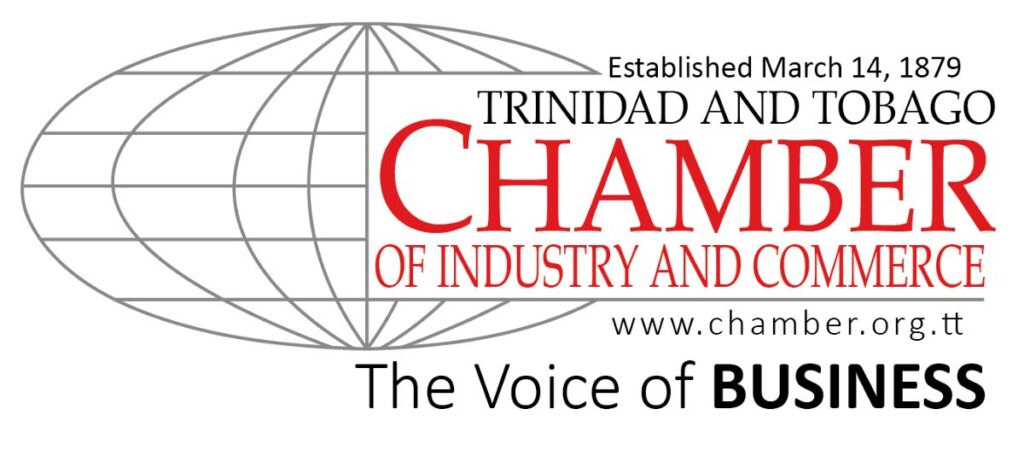The scientific method of marketing

In today’s world, we need to apply more scientific rigour to our campaigns and executions to measure results and document return on investment.
No matter the kind of business you run, marketing is its lifeblood. It involves everything that your business does to let a potential customer hear about and interact with your business.
Whether it’s paid ads, social media, content creation, or blogging, these strategies are meant to create awareness of your business and attract potential buyers. They fill up the top of your sales funnel with leads that can be nurtured through their buyer’s journey.
However, not all marketing strategies are equal. Depending on your business, some may do exceedingly well, while others may not be so successful.
So how do you assess whether your marketing strategy is yielding results? And how do you maximise those results?
This can be done by applying scientific rigour through the scientific method.
What is the scientific method?
The scientific method is what researchers and scientists use to identify and solve some of science’s great mysteries through experimentation. In simple terms, it involves:
– Identifying a problem
– Hypothesising or creating a theory that aims to explain and solve the problem
– Creating an experiment to test your proposed theory
– Testing out your theory
– Analysing your results and refining your testing process and hypothesis.
This same method can be applied to marketing to improve your marketing campaign.

Applying the scientific method leads to data-driven marketing which can help you better determine your marketing return on investment (ROI).
Simply put, you’ll be able to really narrow down what works by testing relentlessly to find a winning formula for your business.
Too many marketers run from campaign to campaign without capturing and analysing the data and optimising it in the next campaign. As a result, some of the mistakes in previous campaigns are doomed to be repeated, and in the unforgiving world of the hyper-connected consumer, that is unacceptable.
How to apply the scientific method to your marketing strategy?
– Identify and create a marketing goal
The scientific method is all about solving problems and questioning what seems to be working.
Most marketing goals are created to solve specific problems like increasing a company’s revenue or customer base, creating brand awareness, or testing a new product idea.
Likewise, if you want measurable results from your marketing campaign to help determine your ROI, you’ll need to be as specific as possible.
In this case, it’s not enough just to say, 'I’m looking to increase revenue by 20 per cent,' or perhaps 'cut down ad spending by 40 per cent.'
The more specific a marketing goal is, the easier it is to analyse and improve existing strategies accurately.
Creating specific, measurable, achievable, relevant, time-bound (SMART) goals is critical.
A good example of a specific goal is to increase revenue from new clients by $100,000 a month, using a quarterly subscription model, by the end of the third quarter.
The more specific you get, the better you can dissect your strategy and determine what went wrong if you don’t hit your goal.
Remember, the point of applying science here is to help you analyse your data and measure your performance.
– Develop a marketing strategy with a central hypothesis
A hypothesis is basically a guess or proposed solution to your marketing goal. In fact, any idea you have in relation to solving your problem or reaching your marketing goal can be considered a hypothesis. Chances are, whatever marketing challenge you are trying to solve, someone probably has dealt with the same issue successfully.
This is where interacting in forums and groups comes in handy. Forums like Reddit, Quora, LinkedIn, and Facebook groups are great places to interact with other business owners and gain insights. For example, you may find that some in similar industries may have tried Facebook or Pinterest ads targeting a particular demographic, with abysmal results.
Taking such opinions into consideration will reduce how much testing you need to do to optimise your marketing strategy. Plus, you’ll cut time and costs on potentially flawed strategies based on others’ experience.
Of course, there is no replacing capturing empirical evidence yourself, but using insights from research can help you refine your hypothesis and ultimately your strategy.
– Execute or test your marketing strategy
For most marketing executives or small-business owners, executing your marketing strategy is the fun part, especially when it’s working as expected.
Always keep in mind, however, that this is just part of a bigger process of using science to find what works best for your marketing and will help you better demonstrate your ROI on your marketing efforts.
Manage your expectations and be sure to set performance indicators along the way so you can tell early on if you need to adjust your method or not.
This is especially important when money is involved. It is also important to allow enough time for your strategy to mature, especially with non-paid, inbound marketing campaigns like social media and blogging.
Marketing strategies that involve organic reach take time, so be patient and ensure your strategy is multi-pronged, with a mix of short-term and long-term, organic and inorganic tactics.
Often, marketing teams or business owners give up on such strategies too soon or don’t even attempt them at all, because they require a lot of upfront time investment. For example, most successful bloggers spend between six months and a year building their following and traffic to their destinations without making any money or before finally becoming profitable.
The point is, realistic timelines and tracking the right metrics matter.
Three inbound marketing metrics that matter to every business are – acquisition costs and rates, conversion rates, and engagement rates.
Because non-paid campaigns rely on organic reach, your timeline for assessing and improving your results automatically won’t be fixed, but rather, will be more of an ongoing process.
The TT Chamber of Industry and Commerce thanks Bevard Nelson, co-founder and CEO of Caribbean Ideas Synapse, for contributing to this article.


Comments
"The scientific method of marketing"